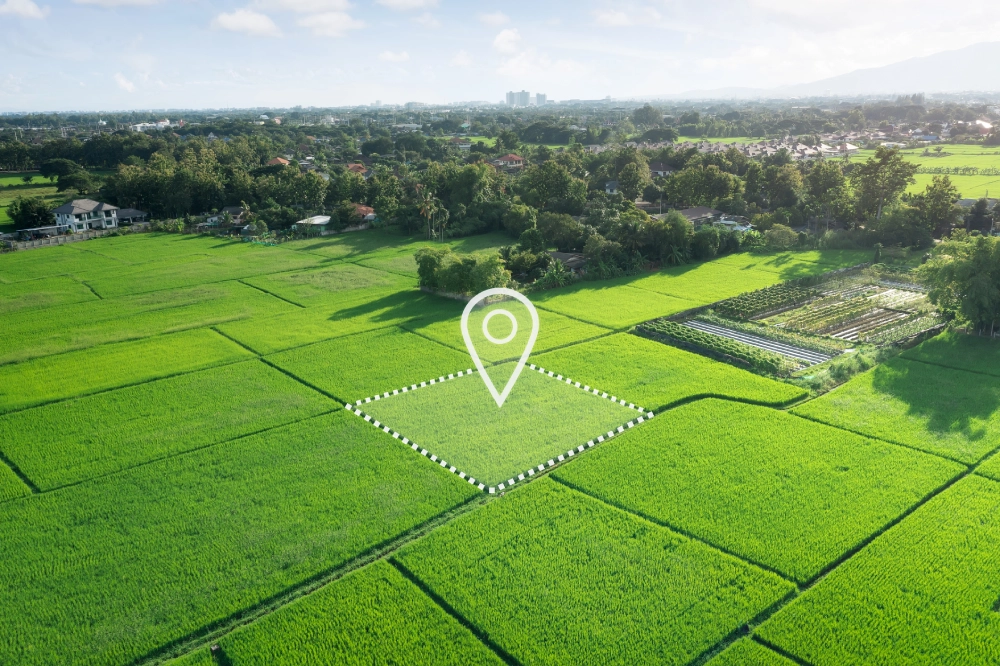Latest News and Updates on Land Real Estate
FAQ
To connect with property owners, we send personalized letters to owners of vacant land, using data from our advanced technology tools.
Our letters introduce our company and express interest in buying or selling their land. We provide multiple ways for owners to contact us:
This approach allows owners to respond at their convenience and initiate a discussion about their property.
Before turning undeveloped land into an opportunity, it's essential to assess its potential. Consider the following factors:
Here are some compelling reasons to consider:
Here are some compelling reasons to consider:
Clients and prospects will receive in a written format, all available electronic documentation available at the time of the initial requests (e.g. property details, photos, plat map, surveys, environment reports, & other related documentation) on properties being offered by 1st Serve Property.
A transparent breakdown of fees will be provided upon written request or during initial consultations. All regulatory and compliance contracts must be completed and delivered to all parties per the National Association of Realtors Code of Ethics and any specific State legal requirements regarding a real estate transaction.
The timeline varies but generally takes 30-60 days. Factors such as financing and inspections can affect this timeline.
Podcast
Blogs
The Potential in Land
Every piece of land has potential. It could be perfect…
Read MoreTapping into your Lands Wealth
Your land’s future is too valuable to wait. At 1st…
Read MoreDon’t let Fear Stop You
Fear of the unknown stops many landowners from acting. Zoning…
Read More

